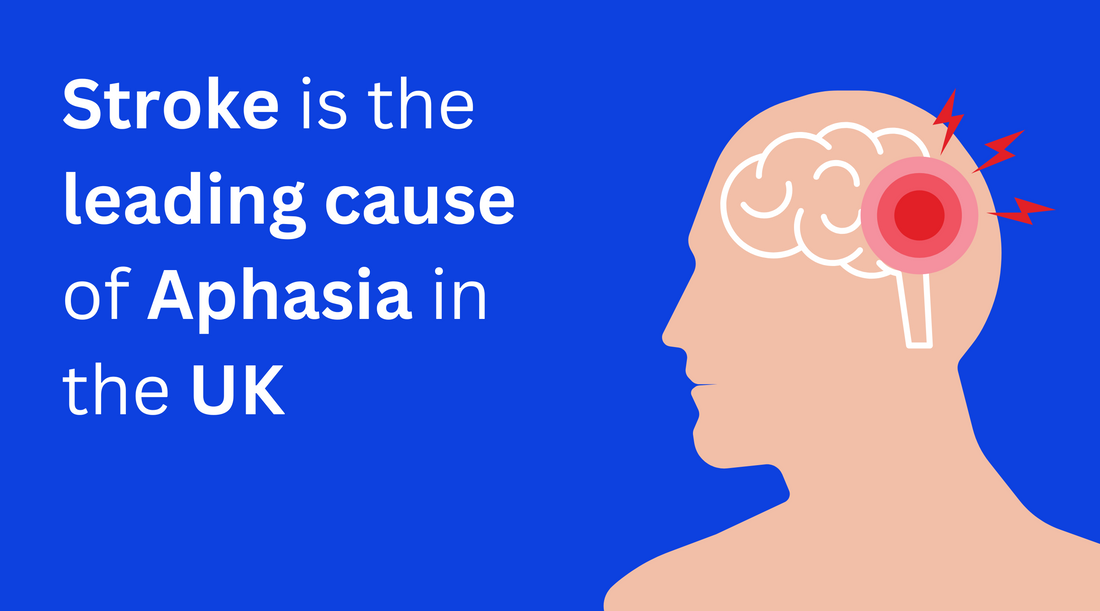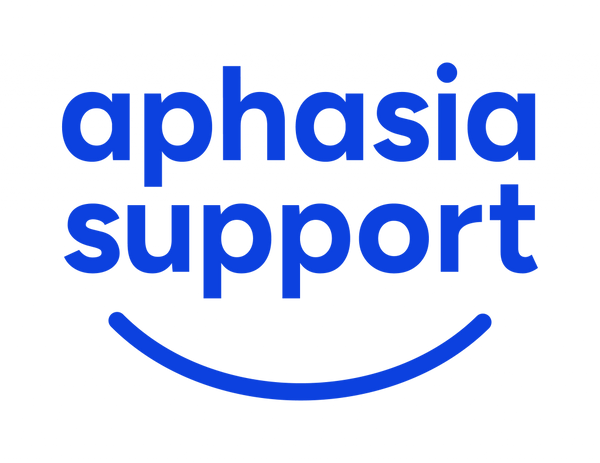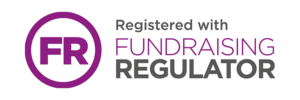Thriving after stroke

Did you know that stroke is the leading cause of Aphasia in the UK?
Aphasia is a language condition that affects a person's ability to speak, read, write and understand language. Around a third of people who experience a stroke will develop some form of Aphasia. That's because a stroke often damages part of the brain that controls language.
Some people might have no problem with their understanding but find their ability to speak and find the right words severely affected. Others will be able to form a wide variety of words perfectly fine, but they might arrange those words in an unusual order, causing others to misunderstand them. Some might have problems with both understanding and being able to speak, but they find they can communicate through writing.
No two people with Aphasia are the same.
Thriving after stroke
Below, we've included lots of different communication strategies which can be personalised to help you, or someone you love, thrive after stroke.
Tips for the person with Aphasia
- Practise as much as you can
It might feel slow and frustrating at first. But the more you practise, the more you’ll progress.
Read out loud. Repeat words and phrases you hear on the TV or radio. Practise names of people and places and days of the week.
- Sing your heart out
Singing uses a different part of the brain than speech, so you might find that you can sing a lot more than you can say in a conversation.
But singing can improve your confidence and sense of wellbeing. And, if you join a choir or singing group, you’ll build more connections with others which can help your recovery.
- Take breaks
Although you should practise talking as much as you can, you also need rest breaks.
Be kind to yourself. If you feel tired, make sure you take a break. Build in activities you can do with others that don’t need much talking, like art, gardening or watching sport.
- Let people know
Consider using a communication card when you’re out and about.
You might find that people are a lot more patient and helpful when they have a better understanding of what you’re going through.
If you don’t have one, contact Aphasia Support and we can provide one for you. You can email us at info@aphasiasupport.org or call us on 01924 562443.
- Use technology
Tablets and smart phones are great for people with Aphasia.
We’ll be able to help you with apps when we work with you 1-2-1, but in the meantime, we suggest:
- Cuespeak. This therapy app is available on iPads and iPhones and costs £9.99 per month. If you receive support from our charity, you’ll get free access to this app for 3 months.
- Tactus Therapy provide a range of therapy apps for people with Aphasia at varying prices. These apps are available on apple or android devices. They provide free ‘lite’ versions, so you can try them out for free first. You can find them via the Apple app store or Google Play.
Tips for friends and family
- Learn new ways to communicate
You can go along to speech and language therapy sessions. Or ask your loved one’s speech and language therapist for information about how you can help.
You can come to the sessions we provide with our specially trained volunteers. So you can keep up to date with what we’re working on with your loved one. That way, you can help them to practise between visits.
- Be inclusive
When Aphasia is severe, it is sometimes easy to inadvertently exclude that person from discussions.
This can lead them to feel invisible and that people aren’t interested in their opinions or input. So, make sure you find a way to include them in family decisions, discussions and even arguments.
- Reduce background noise
Background noise can be really distracting and problematic for the person with Aphasia.
When you sit down to talk to them, make sure you switch off the TV and radio and ask others who might be talking to be quieter or take their conversation into another room. This way you can focus on the conversation with no distractions.
- Use gestures, writing and drawing
You might find you need to develop your own gestures for certain common words and phrases.
Drawing and writing can also help with this.
- Practise good communication
Make sure that you are listening to the person with Aphasia and that you give them enough time.
Allow silences, and try not to interrupt. Ask questions and check you have understood them properly.
Recovery of speech after stroke
Recovery of speech after stroke is a key concern for family members and friends who reach out to us for help.
In the first days, weeks and months after a stroke, there’s a deluge of information to grapple with. Sometimes advice can seem conflicting, and it can be hard to know where to go for help.
Often, people get the idea that most of the recovery after stroke will happen in the first three months and that people don’t get much better after that. This kind of recovery plateau is not something that we recognise. In fact, we’ve seen people continue to improve and make progress with speech and language for many years after their stroke.
If you or your loved one hasn’t made any improvements in the first three months, don’t lose hope. Many of those we help don’t even get referred to us until many months – sometimes years – after their stroke. And they can and do make progress. Not only with speech and communication, but also with confidence, mental health, and their general sense of wellbeing.
Does speech come back after stroke?
The answer to the question “does speech come back after stroke?” is a complex one.
It’s not that people’s speech ‘comes back’, it’s more that they learn new ways to communicate.
Damage done to the brain by your stroke isn’t reversed. But the brain is an astonishing organ. New pathways emerge and strengthen through speech and language therapy and other practices. You can learn new ways to communicate and improve your speech and understanding.
Of course, the extent of your progress depends on so many factors. But there is hope for everyone that they can improve their situation.

